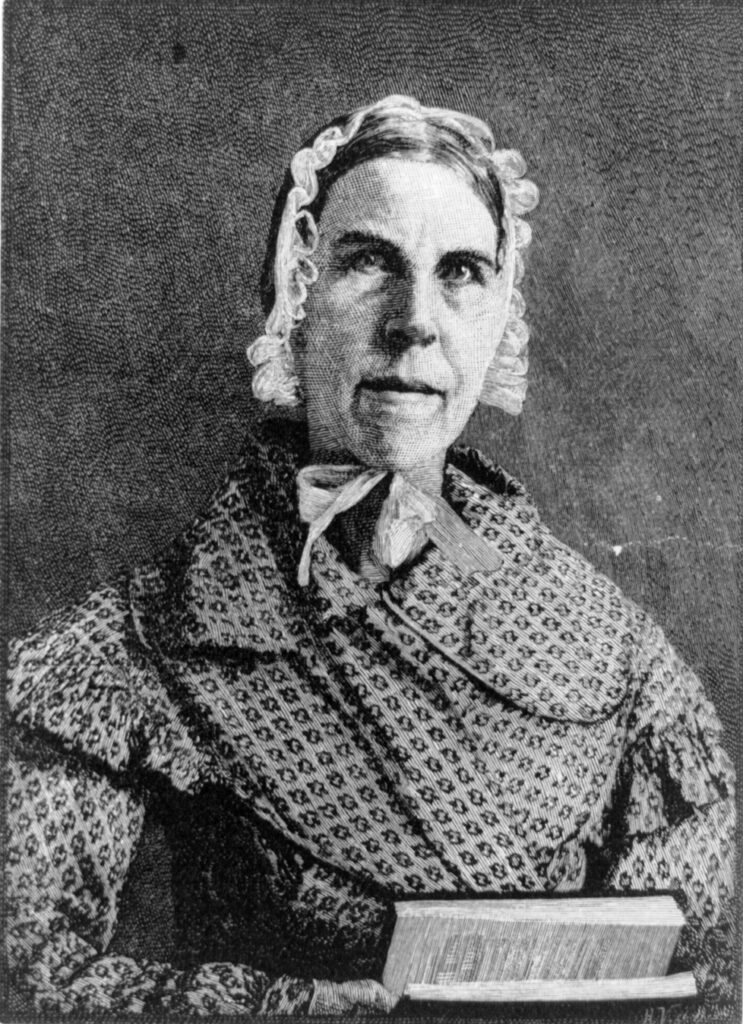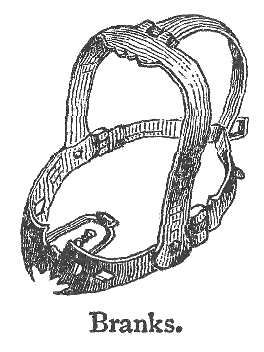One of the many miseries this wretched virus has bestowed upon me has been the loss of my voice. As a voluble, chatty sort, this has been hard to bear. I was unable to call anyone if I needed anything, explain myself, or sing. My world suddenly became very quiet. Because I could only whisper, others whispered back. Or if there was background noise, such as the car, nobody bothered speaking at all.

Return
Luckily, my voice returned last night, but its presence is at best intermittent and certainly feeble.
All this made me think about having a voice and being able to use it. In my case, it has been a temporary and annoying symptom of a nasty cold. Yet, historically, silencing has been a much more lengthy and miserable affair.
While convalescing, I read Sue Monk Kidd’s excellent The Invention of Wings. It is a brilliant book intertwining the lives of the Grimke sisters and the slaves belonging to their household. It is unlikely that you have heard of them (another silencing) but the sisters were leading abolitionists and exceptional because they came from the wealthy plantation class. Their response to witnessing the ill-use of slaves was to defend them.

Seeing a startling connection between the lack of rights for slaves and of women, they became some of the earliest advocates of rights for women in the US. Ironically, it was the condemnation and abuse they experienced for ‘speaking out’ on the slavery issue that propelled them to this position.
Controlled expression
While mocked in editorials, heckled after lectures and once pelted with stones, the sisters were spared the worst of punishments for those who spoke out of turn. One of the most evil was the scold : an iron bridle that pierced the tongue if the user attempted to speak. The victim was further humiliated by being paraded around the village or held at a public place – all for the ‘crime’ of nagging or of speaking inappropriately. Presumably, men stumbling drunkenly from the pub shouting all manner of obscenities were no threat to the public at all.

What you can and cannot say
Women have not been the only ones punished for speaking out of turn. Political reformers and all manner of religious proponents have been punished, often by death, for daring to question the sovereignty of the government’s views.
When we imagine of this kind of punishment, our thoughts invariably turn to those countries that are theocracies. Yet, the blasphemy laws were only repealed in the UK in 2008 (England and Wales) and 2024 (Scotland). The last person punished under these laws was John William Gott in Dec 1921. He received nine months’ of hard labour and died shortly afterwards (Wikipedia).
And the blasphemy laws did not prohibit people from disrespecting the religions of others – they only protected the state religion (in our case Christianity) whilst all abuse levelled at Jews, Muslims etc was quite acceptable.
Modern prohibitions
Though I am grateful that we have moved on from burning folks at the stake for expressing their non-conformist beliefs, we have not moved on as far as one might hope. Where censorship once rested with the state, it now seems to rest with the public and most especially users of social media.

Being ‘cancelled’ may not phase the immensely wealthy like JK Rowling (though I doubt she enjoys it), but it has cost many their jobs and a position they have taken years, if not decades, to obtain. Trial by mob is as far from democratic principles as one can get, yet far too many large organisations bow to this form of dictatorship.
The fear of saying the wrong thing has a stifling effect across society. We are not always sure what is or is not appropriate language, so we say nothing. The moderate views are subsumed by the more aggressive until nothing but shouts and extremism is heard.
It’s time to speak our truth
With the election soon upon us, I hope that we will feel free to express our views without ridicule or censure. People are often, understandably, cautious to do this, but if we do not speak and listen attentively, our political system becomes a farce.
If our position is strong and based on solid information, we have nothing to fear from our perceived opponent. A sea wall does not crumble at the appearance of the first wave.
Historically, so many have suffered and died that we might have the freedom (both social and political) to express our thoughts. Let us ensure their legacy continues and that all of us who have a voice can use it.
